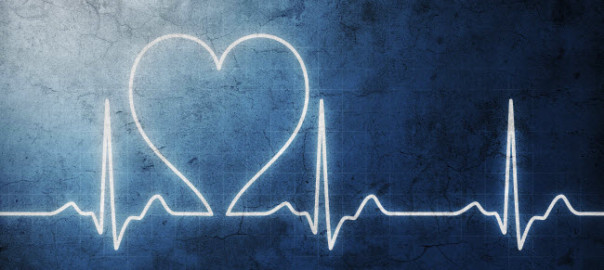Preventing Heart Failure Through Stem Cell Therapy

The results of a new study published in The Lancet and presented at the American College of Cardiology’s annual meeting are promising for people battling debilitating end-stage heart failure. In a controlled clinical trial conducted by the University of Utah School of Medicine, one set of patients had stem cells harvested from their own bone marrow, multiplied in the laboratory, and delivered into areas of the heart muscle that were the most severely damaged. The control set of patients received a placebo (dummy) treatment. The study revealed that those treated with stem cell therapy had 37 percent fewer cardiac events in the one-year study period, and that stem cell therapy halved the number of deaths from heart failure.
The study author, cardiac surgeon Dr. Amit Patel, director of Cardiovascular Regenerative Medicine, believes these results are an indication that stem cell therapy actually works. Other experts remain guarded in their optimism, citing the need for long-term data and further trials on a larger number of patients to demonstrate conclusive evidence of improved heart performance.
The study looked at 126 patients with end-stage heart failure whose only hope was a heart transplant. Of all the study subjects spread across 31 hospitals in the United States, 60 patients received a single stem cell treatment, and 66 got a placebo. The study authors report that at the end of the year-long study, 4 percent of stem cell therapy patients had died compared to 8 percent who received the placebo, and 52 percent of stem cell therapy patients were hospitalized for complications of heart failure compared to 82 percent of the patients on the placebo.
People with cardiac failure have a weak or damaged heart that cannot pump blood with enough force. Initial symptoms of the condition are fatigue, breathlessness, and swollen ankles; however, eventually major organs start shutting down due to a lack of adequate blood circulation and oxygen supply.
The American Heart Association estimates more than 5.5 million Americans have this potentially fatal disease. Current treatments rely on lifestyle changes and medications as the first line of therapy for mild heart failure. Surgical treatment with bypass surgery, left ventricular assist devices (LVADs), and valve surgery may be needed in some patients. A heart transplant is the last resort for severe heart failure that is unresponsive to all other therapies.
The trial has shown a dual benefit in both morbidity and mortality. After more than a decade of discussions about the immense potential of stem cell therapy, there is finally evidence to suggest that this treatment can have a measurable impact on the lives of people with heart failure.
Stem cells can repair a damaged heart, and what was previously thought of as permanent damage has now been shown to be reversible. Only a fraction of the thousands of people awaiting life-saving heart transplants receive a donor heart, and those who do get one can end up rejecting it. Next-generation treatments such as stem cell therapy, which utilize the patient’s own cells to repair severely damaged tissue are, therefore, vital to the future of medicine.
References:
http://www.webmd.com/heart/news/20160404/stem-cell-therapy-shows-promise-against-heart-failure
http://www.telegraph.co.uk/science/2016/04/04/stem-cell-therapy-halves-deaths-from-heart-failure/
Image courtesy of http://blogs.webmd.com/


